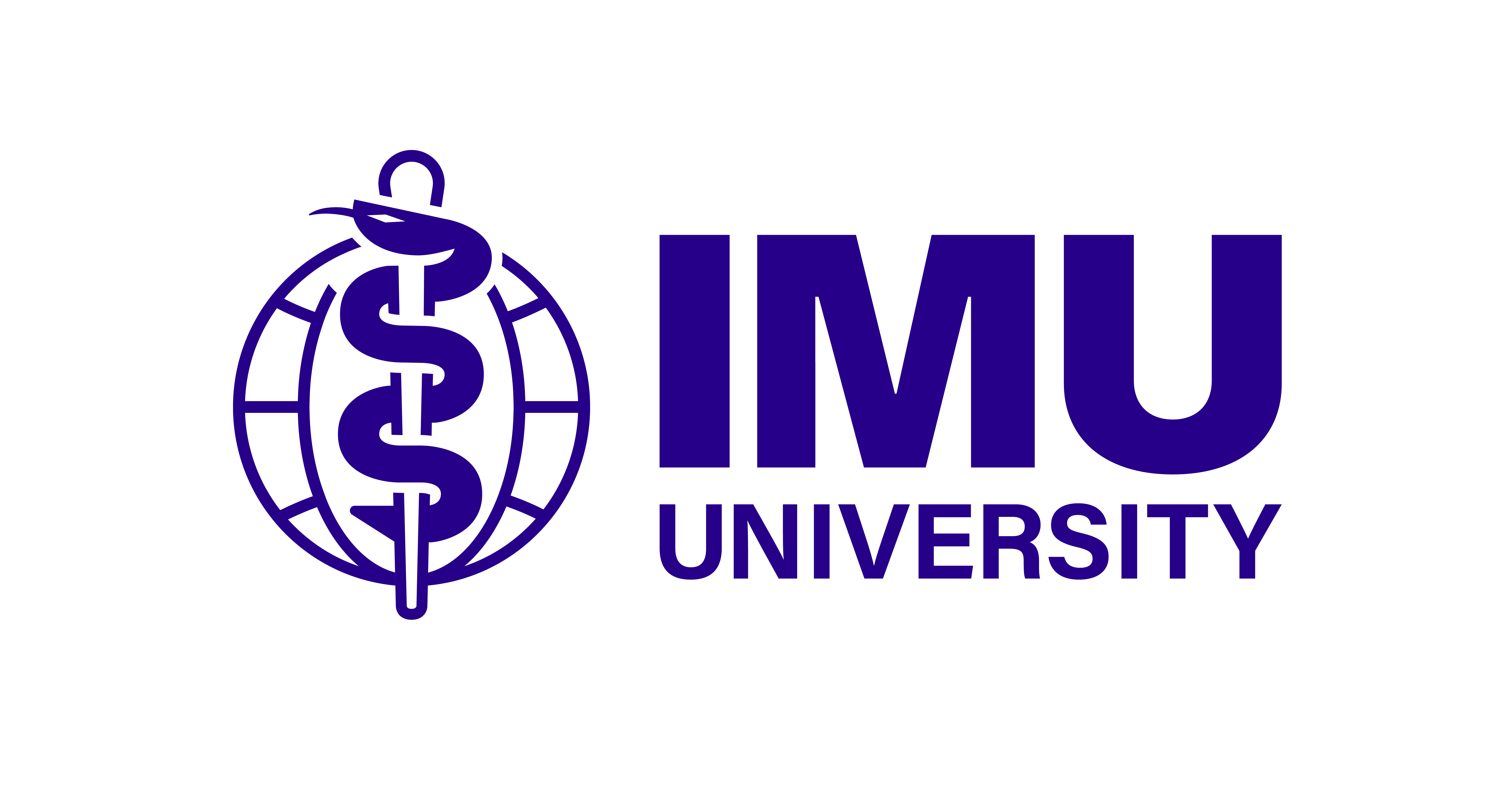Author: Thor Willy Ruud Hansen
ABSTRACT
Autonomy implies the right of a competent patient to make decisions about their own health care. To exercise autonomy a patient must receive an explanation of his/her condition. True autonomy presumes intellectual understanding, the ability to translate theoretical ideas into real-life concepts, and emotional connectedness to the situation.
Children may not be able to understand or process information about treatment choices. Therefore, responsibility for decision-making is vested in the parents. In Norwegian law, this lasts until the child is 12 years old, though the child must be informed and involved commensurate with intellect and maturity. From the ages of 12 until 16, the youngster should increasingly be heard and involved, and from the age of 16 years a youngster is considered medico-legally competent.
Parents who face serious illness in a child are in a life crisis. Yet in spite of this, decision-making competence is often assumed. Decisions with life-or-death or lifetime implications will profoundly influence the life of the family. The best interest of the sick child may not necessarily be compatible with the needs of the family as a unit. As medical caregivers we should be cautious about assuming that our insight into such family realities is adequate. We must sensitively, yet critically, consider decision-making competence, while at the same time supporting the parents’ efforts to cope and make the best decisions possible. However, we must never lose sight of the fact that our primary responsibility is towards the sick child.
Keywords: Bioethics; Autonomy; Children and adolescents; Decision-making competence; Best interest; Parental authority; Emancipation of children.
Citation: IeJSME 2016 10(1): 3-9

